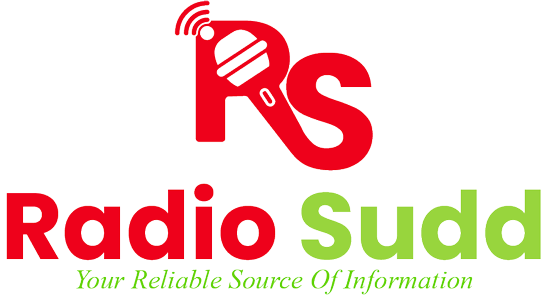
BY: Ayuen Garang Kur
Jonglei State, in South Sudan, has long struggled with a fragile healthcare system. Inadequate infrastructure, limited access to medical supplies, and a critical shortage of trained healthcare workers have plagued the region for years. This crisis is compounded by cultural and economic barriers that have historically excluded women from participating in healthcare decision-making or pursuing medical training. As a result, the healthcare system has remained under-resourced and underutilized, leaving vulnerable women and children in remote villages to suffer from preventable deaths due to complications in childbirth, malaria, and malnutrition.
Now, a quiet revolution is taking place, led by women determined to improve their communities’ health. Amid a fragile healthcare system, conflict, and poor infrastructure, these women are stepping up as frontline health workers, midwives, and community leaders.
A New Chapter in Maternal and Child Health
Martha Aliet Maluk, a registered midwife, joined the Bor State Hospital with a mission to improve maternal and child health. She and her five colleagues have already made a significant impact.
“Since we came, mothers feel more comfortable and welcomed when they come to the hospital for antenatal services,” Martha explains. “It’s now easy for them to understand the danger signs during pregnancy. We’ve seen an increase in the number of antenatal visits and deliveries. We can now receive two hundred deliveries in a month, which is a major achievement for us.”
Despite their commitment, challenges persist. Martha notes that a low number of staff, a lack of equipment, and poor infrastructure still hinder their work. She also stresses that the community has not yet fully embraced the initiative of accessing the hospital and contributing to its improvement.
Nevertheless, Martha and her colleagues are driven by a powerful motivation. “I am the one who sees the first life of a baby and saving both lives of a mother and a child fills me with happiness,” she says.
Her hope for the future is to see all people in Jonglei State access healthcare freely and for the government to prioritize timely payment for healthcare workers.
Community Voices on the Impact of Female Health Workers
For pregnant mothers like Ajoh Dut Mading, the presence of female healthcare workers has been life-changing. “During antenatal checkups, they make sure the child is in the right direction. During delivery, the midwives make sure we are well taken care of, and if there’s a complication, they rush to get senior medical practitioners,” she says.
Adhieu Alier Agor, a pregnant mother of two, recounts the stark difference. “When it used to be men in the hospital, it was hard for us to visit for checkups or delivery because we were afraid of men checking us.”
Nyandeng Kuol, a new mother, says her view of women in leadership has completely changed. “Before, I used to stay at home, even when I was sick, because I couldn’t trust myself explaining everything to a male health worker. Since female health workers came, my body is now okay because I can access the health facility every time I feel uncomfortable.”
With these improvements, Nyandeng now hopes her daughter will one day become a health worker to continue saving lives.
A Confirmed Impact
Dr. Bol Chaw Manyang, Medical Director at Bor State Hospital, confirms the positive changes. “Since the mid-wives joined the hospital, there have been a lot of improvements,” he states. “There is a reduction in maternal mortality rate and the neonatal mortality rate.”
These midwives are working under the Ministry of Health, with support from TEAR-FUND, an implementing partner funded by UNICEF and the World Bank. Deng John Machok Wieu, a TEAR-FUND officer, explains that his organization provides incentives and training to these health workers. “The project is led by the Ministry of Health, and our work as TEAR-FUND is to pay them incentives,” he says. “Our other support is to capacitate them and give them sufficient training.”
Cultural Shifts and Evolving Traditions
Traditionally, leadership and public service roles in Jonglei were dominated by men. When women began entering health and leadership positions, community members were resistant. However, this is changing.
Jok Deng, a prominent community elder, notes a huge turnover in perceptions. “Many communities that once resisted now recognize that when women serve as nurses and midwives or policymakers, families and the entire society benefit.”
Deng adds that men who support their wives, daughters, or sisters to train as healthcare workers make it possible for women to step into these roles. He believes that traditional cultural structures must evolve to support women’s leadership. “Elders and chiefs can publicly declare that women’s healing and caregiving roles are part of the cultural values of protecting life,” he says.
Editor’s Note: This story is reported with a grant from Journalists of Human Rights under the ‘’Tackling Mis/Disinformation project’’, Funded by the Peace and Stabilization Program of the Government of Canada
